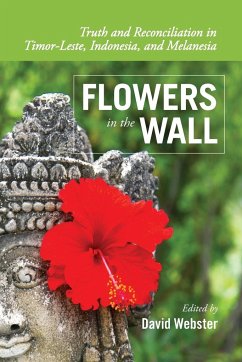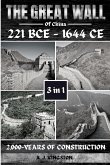Flowers in the Wall is a collaborative project that compares the experience of truth and reconciliation - both with and without a formal truth commission - in Timor-Leste, Indonesia (including West Papua, a region in current conflict), and the Solomon Islands. The Democratic Republic of Timor-Leste (East Timor) and the Solomon Islands have completed a truth and reconciliation commission. West Papua, is a territory of Indonesia in which contested versions of the past contribute to current conflict. Indonesia itself is in the midst of debates about the memory of mass killings in 1965-66 and local conflicts since 1998. The project surveys the experiences of truth and reconciliation commissions in the region, with a focus on the pre- and post-truth commission phases. It will examine the post-report phase of the Timor-Leste and Solomon Islands truth commissions, ongoing campaigns to establish a truth and reconciliation processes in Indonesia, and the role of memory in current conflicts. Truth commissions are a valuable tool in conflict resolution, but they often lack follow-up mechanisms to implement their recommendations. Existing literature looks in detail at the operational phases of truth commissions, but neglects the campaigns to establish truth commissions and efforts to have their recommendations put into effect. By leaving out these phases, it downplays the role of activists and civil society organizations in creating the context for truth commissions and pushing for follow-up action.








